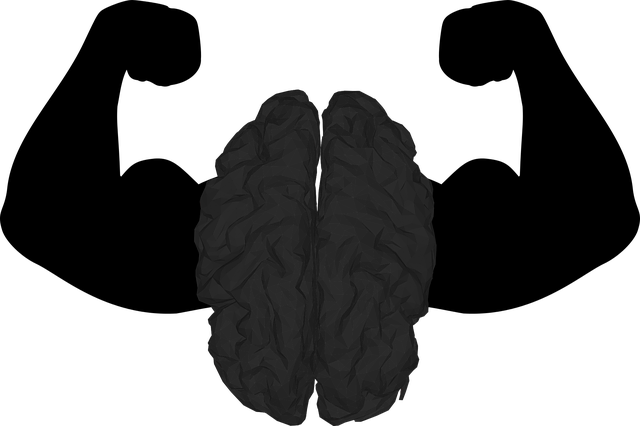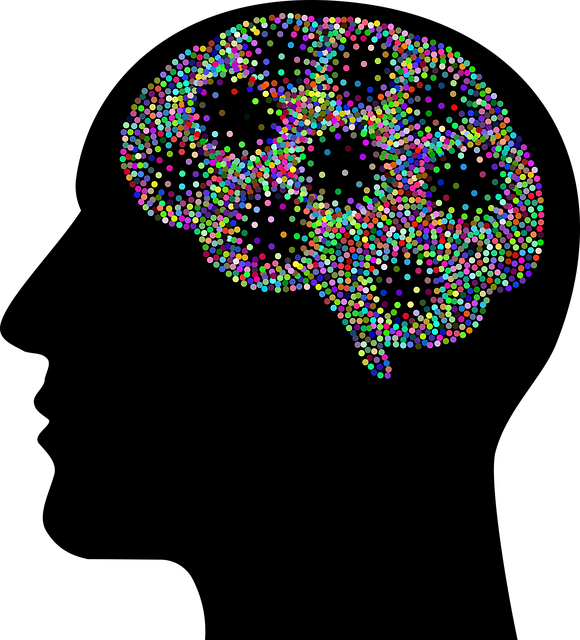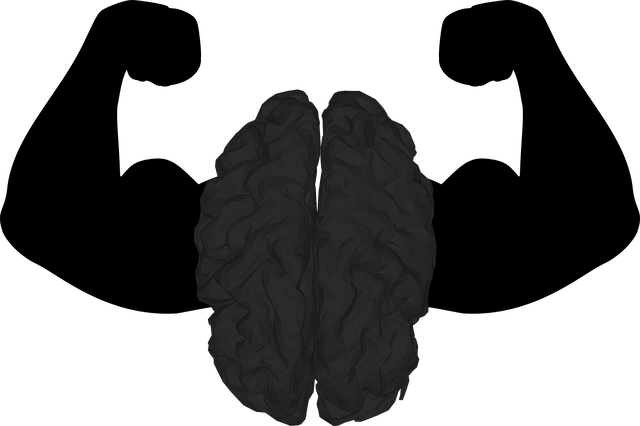Colorado Springs faces challenges in mental illness diagnosis due to high drug abuse rates and comorbid substance use disorders. To improve diagnostic accuracy, the city employs a multifaceted strategy. This includes integrating emotional intelligence, community outreach, self-esteem improvement through therapy and support groups, and evidence-based treatments like Mindfulness Meditation. The Colorado Springs Drug Abuse-Substance Abuse Therapy initiative combines these approaches with public awareness campaigns to reduce stigma and encourage early intervention. These holistic practices aim to enhance diagnostic reliability and empower individuals with long-term mental health management strategies.
Mental illness diagnosis accuracy is a critical issue, with many challenges impacting patient care. This article explores current obstacles in mental health assessment and highlights innovative solutions. We delve into the successful strategies employed by Colorado Springs, focusing on their enhanced diagnostic approach. Additionally, we examine the integral role of substance abuse therapy in improving assessment reliability, particularly in complex cases involving co-occurring disorders, like those seen in Colorado Springs’ experience with drug abuse therapy.
- Understanding the Current Challenges in Mental Illness Diagnosis
- Colorado Springs' Approach to Enhancing Diagnostic Accuracy
- Innovative Strategies for Improving Diagnosis Reliability
- The Role of Substance Abuse Therapy in Accurate Assessment
Understanding the Current Challenges in Mental Illness Diagnosis

Mental illness diagnosis faces significant challenges, particularly in Colorado Springs where drug abuse and substance use disorders are prevalent. The complexity of mental health conditions often leads to misdiagnosis or delayed treatment. This is exacerbated by the need for accurate assessments, as many individuals struggling with mental illness also experience comorbid substance abuse, making diagnosis even more intricate. The current landscape demands a multifaceted approach to address these hurdles.
One key area of focus is integrating emotional intelligence into diagnostic practices. Enhancing professionals’ emotional awareness enables them to better understand and interpret clients’ behaviors and symptoms. Additionally, implementing community outreach program initiatives can improve access to mental health services for underserved populations. Targeting self-esteem improvement through therapy and support groups has also shown promise in early intervention and long-term recovery, especially when combined with evidence-based treatment models tailored to individual needs.
Colorado Springs' Approach to Enhancing Diagnostic Accuracy

Colorado Springs has pioneered an innovative approach to enhancing mental illness diagnosis accuracy, focusing on a holistic and integrated system that combines advanced therapy techniques with community-based support. The city’s strategy emphasizes the interconnectedness of mental and physical health, particularly in addressing drug abuse and substance use disorders. By integrating Colorado Springs Drug Abuse-Substance Abuse Therapy into their comprehensive care model, local healthcare providers are able to offer more precise diagnoses and tailored treatment plans.
This approach extends beyond traditional therapy sessions, incorporating Mental Wellness Journaling Exercise Guidance and Coping Skills Development as integral parts of patient care. Additionally, Mindfulness Meditation is encouraged as a means to promote mental resilience and improve overall wellness. Through these multifaceted initiatives, Colorado Springs aims to not only enhance diagnostic accuracy but also empower individuals with effective coping strategies for long-term mental health management.
Innovative Strategies for Improving Diagnosis Reliability

In the pursuit of enhancing mental illness diagnosis accuracy, innovative strategies are emerging as powerful tools. One such approach is integrating self-care practices and emotional intelligence training into diagnostic routines. By empowering individuals with knowledge about their emotional states and encouraging proactive self-management, healthcare providers can gain a more nuanced understanding of patients’ experiences. This shift towards patient-centric care, coupled with evidence-based practices like substance abuse therapy in Colorado Springs, promises to improve diagnosis reliability significantly.
Moreover, incorporating mind over matter principles into diagnostic assessments offers a fresh perspective. These principles encourage individuals to view their mental health through the lens of resilience and positive thinking, fostering a sense of agency. As patients learn to navigate challenges with these empowering tools, healthcare professionals can better interpret symptoms, leading to more precise diagnoses. This multifaceted approach, combining self-care, emotional intelligence, and mind over matter techniques, has the potential to revolutionize mental health care in Colorado Springs and beyond.
The Role of Substance Abuse Therapy in Accurate Assessment

In the pursuit of enhancing mental illness diagnosis accuracy, Substance Abuse Therapy plays a pivotal role in Colorado Springs. This therapeutic approach goes beyond addressing symptoms; it delves into the intricate relationship between mental health and substance abuse disorders, often co-occurring. By integrating evidence-based practices, therapists facilitate comprehensive assessments, utilizing techniques like Mindfulness Meditation to promote patient awareness and Empathy Building Strategies for improved communication. These approaches encourage individuals to open up about their experiences, fostering a deeper understanding of their conditions.
Public Awareness Campaigns Development is another crucial aspect contributing to this process. Educating the community about mental health and substance abuse co-occurrence helps reduce stigma and encourages early intervention. Such campaigns, coupled with effective therapy models, can significantly improve diagnosis accuracy, ensuring individuals receive appropriate care tailored to their unique needs.
Mental illness diagnosis accuracy is a multifaceted challenge that requires innovative approaches. By examining current difficulties, learning from successful initiatives like Colorado Springs’ methods, and adopting reliable diagnostic strategies, we can significantly enhance assessment reliability. Integrating substance abuse therapy into comprehensive assessments, as seen in the context of Colorado Springs Drug Abuse-Substance Abuse Therapy, further underscores the importance of a holistic view to accurately diagnose co-occurring disorders. These efforts collectively contribute to improved patient outcomes and more effective treatment plans.














